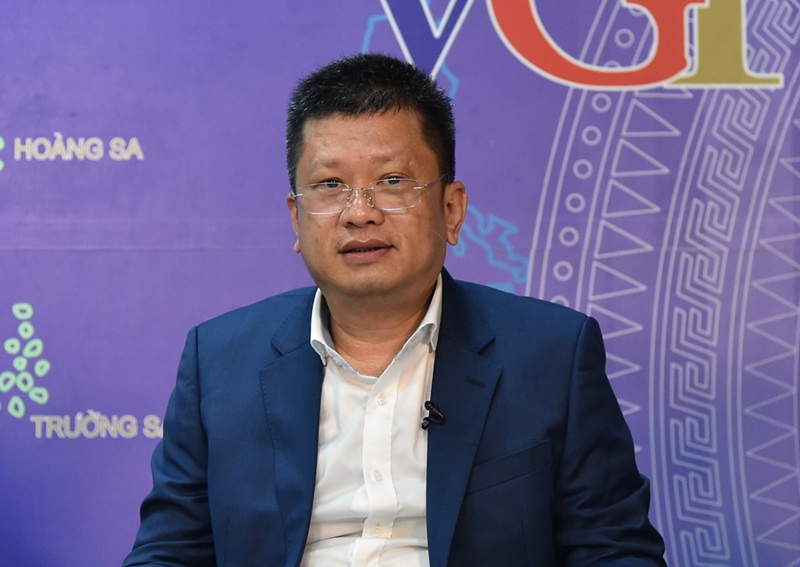Deploying an interoperable electronic ticket system: A strategy towards smart transportation
In the context of strong digital transformation, the deployment of smart ticket cards is not only a technical story, but also a national strategy. Integration in ticket payment helps to reduce procedures, while improving safety and convenience, towards a civilized, modern and interconnected public transport system nationwide.

Mr. Do Viet Hai: Hanoi has set an early goal of building a smart ticket card system, based on practical needs and a cashless policy in public transport.
This is the content affirmed by guests at the Seminar "Smart payment solutions for modern transportation" organized by the Government Electronic Information Portal on May 20, in Hanoi.
In recent years, the Vietnamese Government has introduced many important policies and strategies to promote and transform towards a smart transport system, especially in the public transport sector. One of the important steps is the implementation of an automatic ticketing system for public transport, especially the metro line 01 Ben Thanh - Suoi Tien in Ho Chi Minh City.
This is the first time people can use different ticketing methods, such as monthly tickets, bank cards, and e-wallet accounts to use the metro service automatically without having to collect tickets manually. Thereby, helping to reduce congestion at ticket counters and ticket gates and creating a more convenient experience for passengers.
With the goal of improving the experience for people and saving operating costs, traffic management and operation agencies have identified the implementation of automatic ticketing systems as one of the important priorities. Not only stopping at the metro system, public transport projects such as buses and parking lots are also piloting automatic ticketing systems with many new technologies.
From the perspective of the management agency, Mr. Do Viet Hai - Deputy Director of the Hanoi Department of Construction said: Hanoi has set a goal of building a smart ticket card system early, based on actual needs and cashless policies in public transport. This system also has the ability to link with other services, such as automatic toll collection, parking lots and future forms of transport.
Hanoi is pioneering the realization of an interconnected electronic ticket system and according to plan, the City will officially launch the interconnected ticket system by renting IT services from September 2, 2025.
The new ticket system applies VCCS security standards - a set of domestic chip card standards supported by NAPAS. Thanks to that, bank cards, e-wallets, and even ID cards can be integrated into the ticket system, making Hanoi a model smart city.
However, according to Mr. Hai, to do this there are still two major challenges.
The first is to form the habit of participating in public passenger transport, especially among the elderly, in using interoperable electronic tickets.
The second difficulty stems from the mindset and awareness of solving social problems. When the mass electronic ticket system is deployed, about 4,000 bus workers will no longer be responsible for selling tickets. Reorganizing and converting jobs for this force is a task that needs to be overcome in the coming time.
From the perspective of a national retail payment infrastructure provider, Mr. Nguyen Hoang Long, Deputy General Director of the National Payment Corporation (NAPAS), said: In Ho Chi Minh City, Metro Line 1 has deployed a cashless payment model in coordination with NAPAS and international financial institutions, such as Visa and Mastercard. On its part, NAPAS has fully prepared the technical infrastructure to integrate the automatic ticket system. This helps people use bank cards, both domestic and international, to take the metro without needing additional specialized cards.